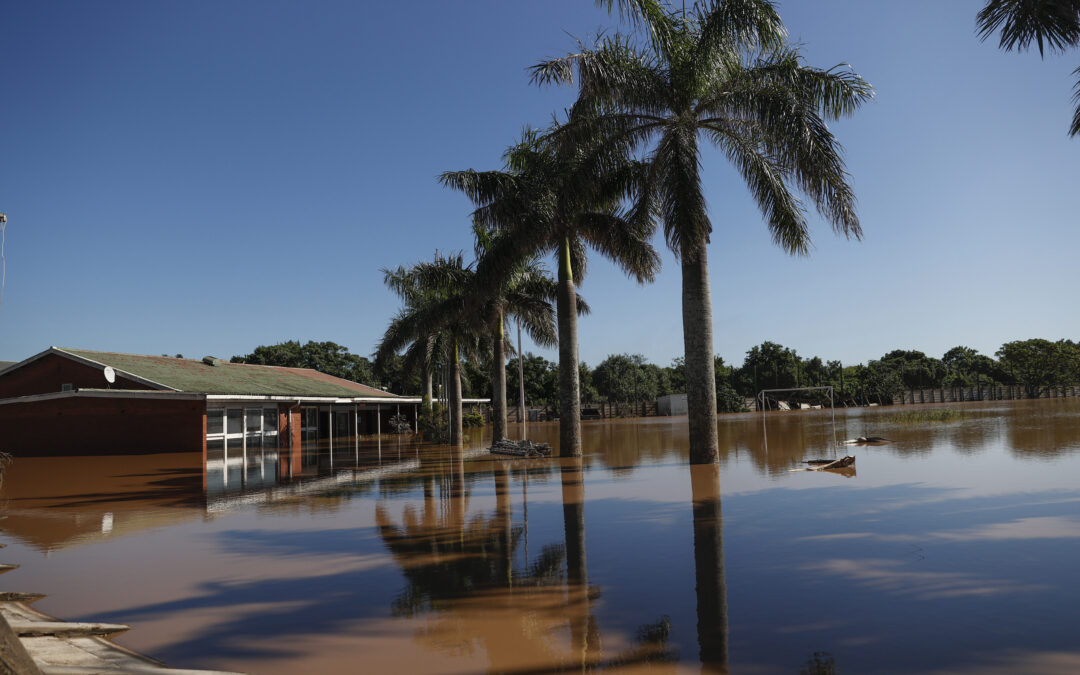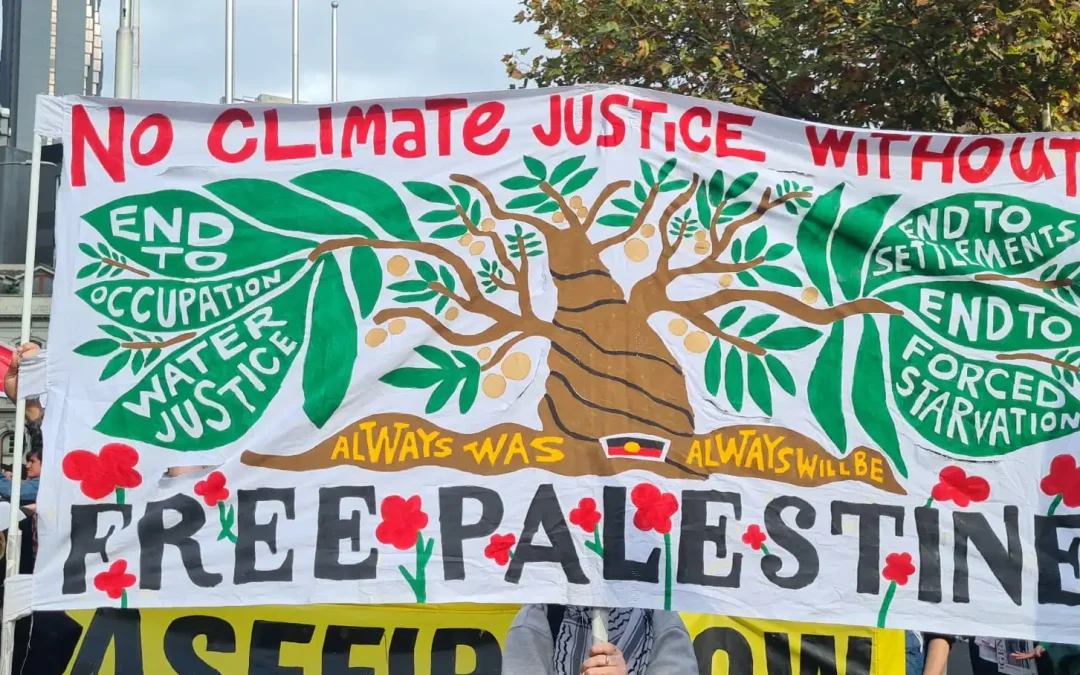
PRESS RELEASE MAY 31, 2024
Geneva, Switzerland, 31 May 2024 — In a significant move towards integrated global action, the Seventy-seventh World Health Assembly has passed a resolution addressing the critical intersection of climate change and health. Health Care Without Harm applauds this important step forward in addressing the health impacts of the climate crisis.
The resolution on Climate Change and Health, championed by the Netherlands and Peru, supported by 35 countries, and approved by consensus by the world’s health ministers, underscores the profound impacts of climate change on public health and the urgent need for comprehensive strategies to mitigate these effects.
The resolution acknowledges climate change as a major threat to global public health, exacerbating inequalities and disproportionately affecting marginalized communities. It highlights the increasing frequency of extreme weather events and their detrimental effects on health, food security, nutrition, and water access. The resolution underscores how climate change is intensifying gender vulnerabilities and emphasizes the importance of enhancing knowledge and understanding of climate change, along with guidance on how countries should respond.
The resolution also clearly connects health to climate mitigation, adaptation and, for the first time, loss and damage. It calls on Member States to develop climate-resilient health systems capable of withstanding and responding to climate-related health impacts, and emphasizes the necessity for health systems to reduce their carbon footprints and overall environmental impact. The resolution endorses the WHO-led Alliance for Transformative Action on Climate and Health (ATACH), which Health Care Without Harm helped establish and sits on the steering committee of, as a platform for knowledge exchange and collaboration.
“This resolution underscores the need for integrated, sustainable solutions that protect the most vulnerable and that build low carbon, resilient health systems,” said Josh Karliner, Director of Global Partnerships at Health Care Without Harm. “High-income and high-emission countries must lead by example, escalating efforts to decarbonize healthcare while supporting low- and middle-income countries in their development of climate-resilient, low-carbon health systems. This approach is critical to ensuring health equity and climate justice are at the forefront of our global response.”
A major omission from the resolution, however, is any mention or recognition that fossil fuels are the primary driver of the climate crisis. “The resolution does not explicitly mention fossil fuels, yet the science is unequivocal,” said Shweta Narayan, Climate and Health Campaigner at Health Care Without Harm. “Addressing their impact is essential for mitigating climate change and protecting global health. A just and equitable transition away from fossil fuels is the most critical public health intervention of our time.”
Despite this omission, the resolution places a key focus on health equity and climate justice, stressing the importance of addressing health and gender inequalities. It calls for equitable access to financial resources, technologies, and services to support climate adaptation and mitigation, particularly in developing countries.
About the World Health Assembly: The World Health Assembly is the decision-making body of the World Health Organization (WHO). It is attended by delegations from all WHO Member States and focuses on a specific health agenda prepared by the Executive Board. The main functions of the World Health Assembly are to determine the policies of the Organization, appoint the Director-General, supervise financial policies, and review and approve the proposed programme budget.
About Health Care Without Harm: Health Care Without Harm works to transform health care worldwide so that it reduces its environmental footprint, becomes a community anchor for sustainability and a leader in the global movement for environmental health and justice.



